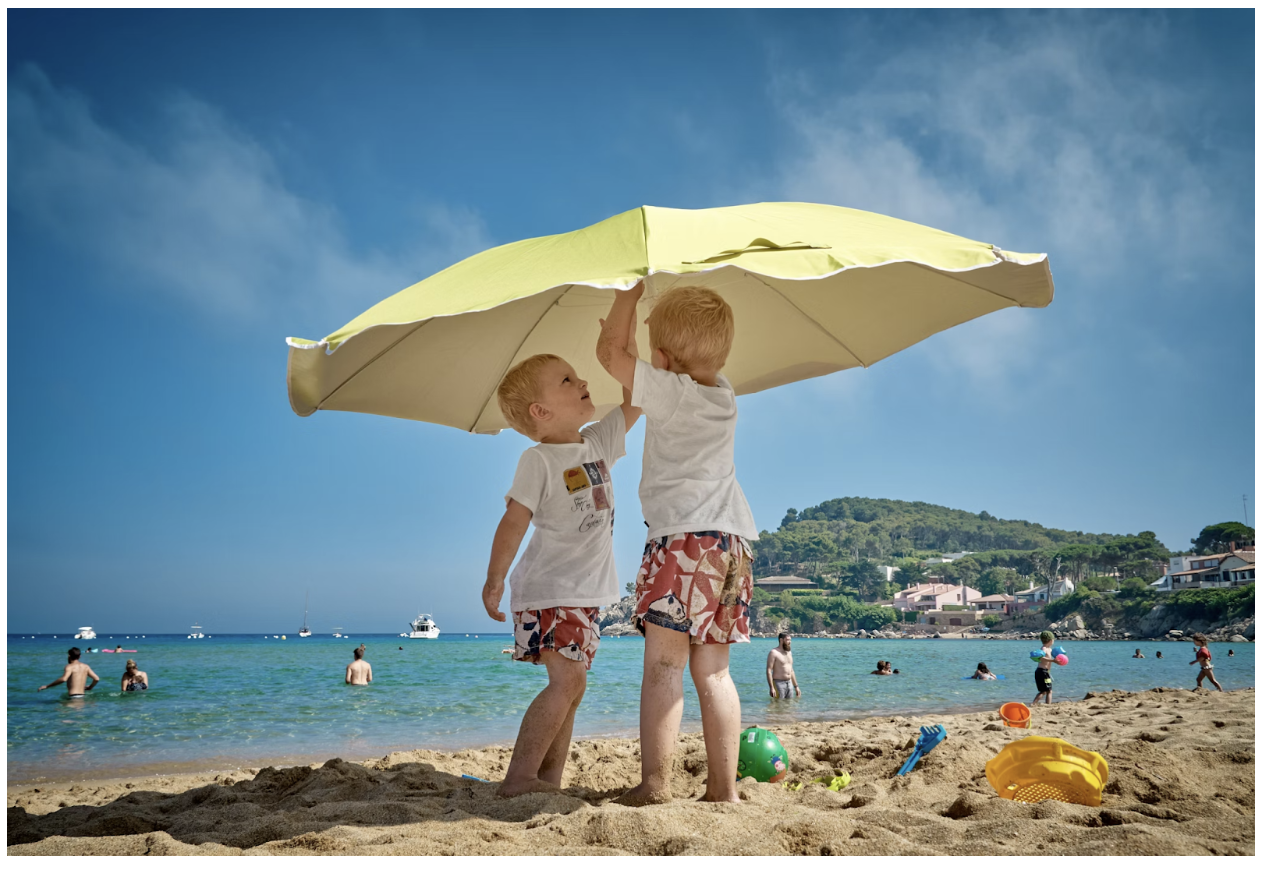Safety Tips for Traveling with Kids

Traveling with your kids is one of the most rewarding experiences in life. You get a chance to spend high-quality time with them. You can visit new places together as a family and create cherishable memories.
For example, NYC chocolate tours are unique and exciting activities for kids. You can indulge in New York's world-famous chocolates and discover the best dessert spots at the same time!
But, hey, we understand how anxious parents can be while traveling with kids. You want to ensure your kids always stay protected, which is understandable. And so to help you achieve this goal, we have compiled the top safety tips for traveling with kids. Read more!
What’s the Best Age for Kids to Start Traveling?
Most parents don’t consider whether their kid is ready to travel. They just take them on trips without thinking about the impact on their brain development. This is definitely not the type of practice you should adopt.
According to research, the best age for kids to start traveling is between 3 and 5. This is when most children have the temperament and readiness for such experiences. Their brain starts to form long-term memories, which makes the travel more meaningful and memorable.
They are also more adaptable and open to new experiences. They don’t stick to a rigid schedule like babies. So, travel becomes less stressful for both them and their parents. You can change plans and stay up late while waiting in lines at the popular restaurant of your destination.
By this age, children usually have some level of independence in daily activities too. They can eat and dress themselves. They can also learn to do different tasks as their brain is developing and they are naturally curious to learn about new stuff.
General Safety Tips for Traveling with Kids
When traveling with kids, safety is a top priority. You must do everything to ensure your little ones stay protected, secure, and out of harm’s way. Here are some general safety tips to help you out:
- Crowded Places
One of the first things to consider is keeping a close eye on your children at all times. This is especially true for crowded places like airports, train stations, and tourist attractions. This is where most abductions and other crimes happen.
It's important to establish a meeting point in case anyone gets separated and to teach children to identify trustworthy adults, such as police officers or security personnel, who can help them. If your kids are older, they should also know your mobile number by heart.
- Pack Wisely
Always bring essential items like a first-aid kit, medications your child might need, and important documents such as identification and health insurance cards.
Packing familiar items from home, like a favorite toy or blanket, is also wise, which can provide comfort in unfamiliar settings.
- Reduce Germs
Before going on a trip, make sure your kids are up-to-date on vaccinations. You should consult with a pediatrician about any health precautions too. It's also helpful to carry hand sanitizer and encourage frequent handwashing to reduce the risk of illness.
Remember, kids are more susceptible to diseases and illnesses than adults. Their immune system is not developed yet, so extra care can go a long way in keeping them healthy.
Special Considerations for Car and Plane
Depending on your transportation mode, you must take care of certain things while traveling with kids:
- Car
Traveling in a car is only fun as long as you plan out solutions to keep things comfortable. Make sure that all children are secured in the appropriate car seats. It's also important to check that those seats are properly installed as per the manufacturer’s instructions.
If you plan to go on long drives, ensure there are frequent stops along the way. This allows them to stretch, use the restroom, have snacks, and explore the place. It also prevents restlessness and boredom.
- Airplane
For air travel, preparation can help make the journey smoother and more enjoyable. Before the flight, explain to your children what to expect, including going through security checks and the sensations they might feel during takeoff and landing.
This can help reduce their anxiety and prevent accidents when they finally board the plane. The last thing you would want is a crying child or one who has fallen sick mid-flight.
Bring along activities like books, games, or tablets to keep them entertained during the flight. Snacks are also a good idea, as airplane food options may be limited or not suited to your child's preferences.
Last Words
All in all, traveling with kids is both exciting and entertaining. You will get to make some core memories to cherish for life. You will also have an extremely fun day together. However, make sure safety is not compromised in any way. Stay safe!






